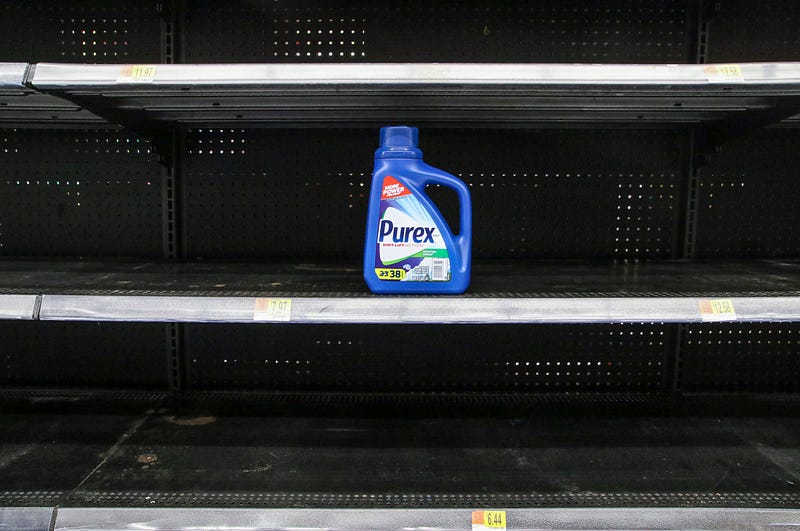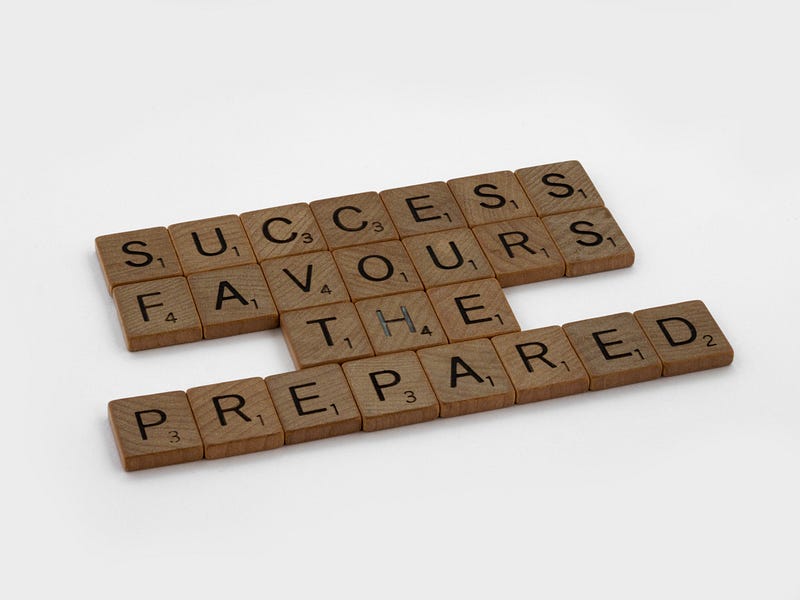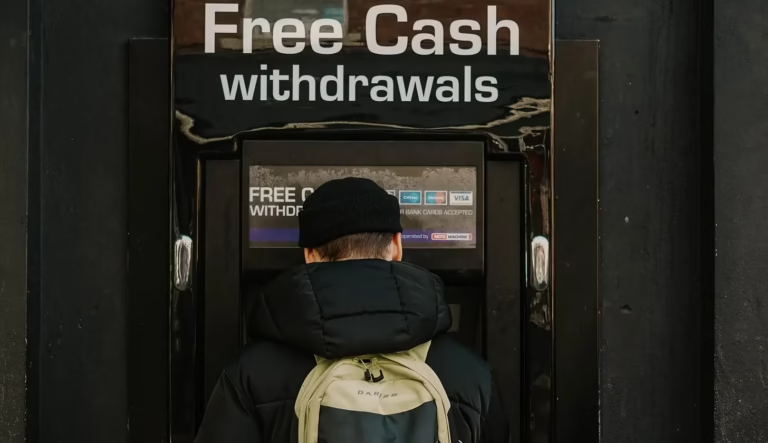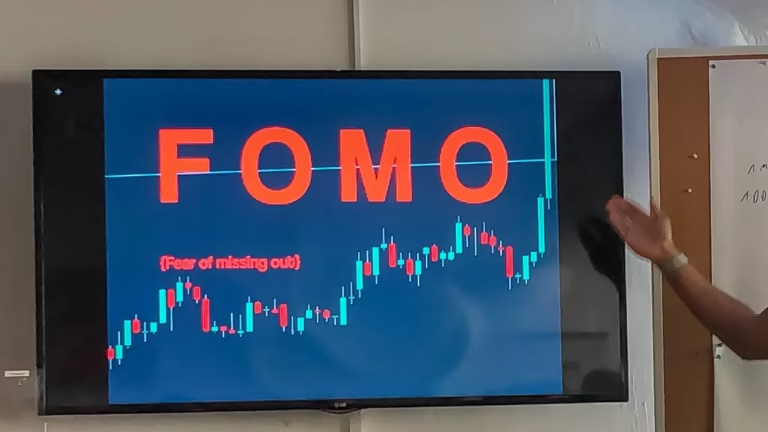Have we learned to be prepared for what’s ahead?
I have recently been following a few YouTube channels where families are developing their own homestead and creating their version of freedom.
In one case, a family had built a large barn-like structure and the video showed one of their friends coming by and asking: “What’s in the garage”.
The owners answered: “Oh no, we don’t have the RV anymore, we build a tiny house into the barn so we have a place to live until the main house is completed.”
That question — ‘what’s in the garage’ triggered a memory for me from the time when my wife and I first arrived in America.
We lived in a nice residential neighborhood close to a newly built school and felt very fortunate to have so much space. A nice house with a garage and a garden — bigger than what we were used to from Germany.
I guess you make assumptions based on what you are used to. The few people who have houses in Germany (only about 35% of the public), and have a garage, proudly park their cars in the garage. (not to mention how German’s pamper their cars all around)
I kept driving down the little street our place was on and always marveled at how many cars people must-have. That thought developed because there were at least one, more often two cars in the driveway in front of the garage and sometimes even another car on the curb. Assuming they also had two cars in the garage, that meant my brain was saying:
“These people have 4–5 cars — that’s amazing”.
Then an event was announced where we would hold a neighborhood “garage sale”. I wasn’t familiar with the concept. We asked and learned that that is a sale where you take all the things that still work but you don’t need anymore and offer them in your driveway. A little bit like a driveway flea market. Some people actually treat it like a sport or hobby to drive each weekend from house to house and look at what’s offered in garage sales. The addresses and times were published in the local paper.

We were still pretty new and didn’t have much to even consider for the sale, but we wanted to participate.
The eye-opener happened when we walked from driveway to driveway to look at the neighbors’ stuff. Not about what they were selling, but the fact that their garages had no cars and couldn’t ever have cars because they were full of boxes, gadgets, clothing, toys, gardening equipment, etc. Literally filled to the hilt with stuff. No 4–5 cars after all.
Fast forward to pandemic times and what we all saw happening when we went shopping in March, April, or May 2020.

Stores being totally empty and especially no toilet paper to be found anywhere. When that happened, I was glad to realize that some of those very early lessons that I learned from my grandma and my wife learned from her mom and dad proved to be extremely valuable. They had lived through the aftermath and WWII and knew that you always needed to have 2–4 weeks’ worth of all things a household needs (including toilet paper) in your pantry and storage.
If they had had a garage, it would have held those kinds of things or put them in the basement or pantry.
We did that for as long as I can remember and had no issues when the pandemic hit.
That leads me to the question: “What’s in your garage and have you changed what you store?”
I am not asking because I think there will be another pandemic coming very soon. I am asking because I think we will see massive inflation.
I asked some friends in the real estate community, and they pointed me to Liz Brumer from MillionAcres.com. She said:
“Self-storage has been around for decades, but over the past few years, this niche of commercial real estate investing has grown in popularity, now with over 1.7 billion square feet in an estimated 45,000 to 60,000 facilities nationwide, according to Sparefoot.
As of March 2020, the average annual revenue for the self-storage industry was $39 billion, with 9.4% of all households renting a storage space. There is a demand for storage space, which will likely grow as generations transition into their next stage of life.”
That means we don’t just put stuff in garages, but also more and more storage units.
It is a form of real estate investment that might be interesting to some of you.
To me, it is more a matter of being properly prepared when the power goes out next time and doesn’t come back in a few hours, when the supply chains get strained and shops don’t have what we need, or — more likely, that prices keep rising and what we buy today will hold us over longer than always only buying just in time.
Grandma was right and I hope you learned the lesson from the last 15 months to have things in your basement, pantry, and garage that you can use. I am not advocating that you should be a prepper, but be prepared to get by for a few weeks or 1 month has obviously proven to be a good thing and with rising inflation, it will also be a financially smart thing to do.
Check what you would answer if someone asks you: “What’s in your garage/pantry/basement?”





